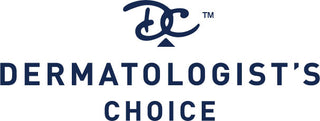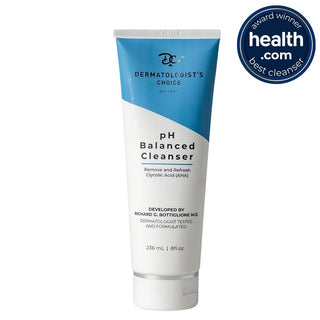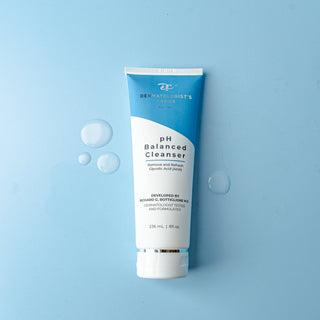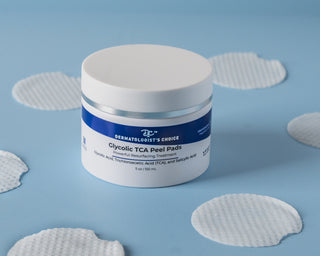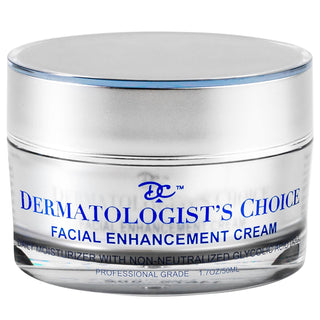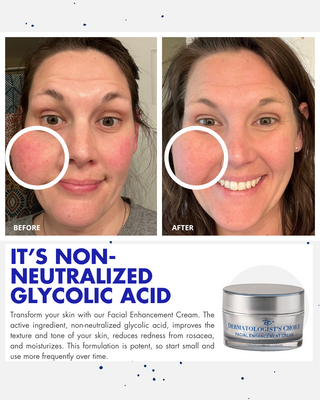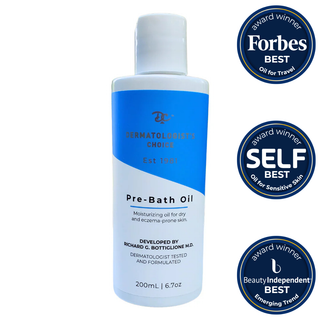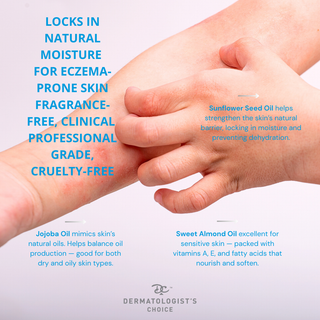The Best Beginning Eczema Treatments
The Best Beginning Eczema Treatment to start with is the Pre Bath Oil, Hand and Body Lotion and pH Balanced Cleanser in the Dermatologist's Choice Dry Skin Kit. This is a great place to start according to Dr. B. who developed the Pre Bath Oil with his patients with eczema. When tested, it was shown to smooth and reduce irritation more than some prescriptions. However, if your eczema is severe or you need further treatments to treat the eczema then consult your dermatologist for a prescriptions like the ones listed below.
However, the latest treatments involved in each type of eczema are different, since in each one of them there is a type of alteration in the white blood cells, which leads to a strange immune reaction to external substances.

Causes
The main causes of eczema are having some type of allergy, suffering from diseases that affect the skin, being in contact with irritating chemicals and even genetic inheritance can trigger eczema.
Childhood atopic eczema is the most delicate and in certain cases the consumption of certain foods should be avoided to help this condition.
Symptoms
The distinctive skin lesions of the different types of eczema are scaly and reddish plaques, scattered over various areas of the body, which are associated with constant itching.
If an alarming inflammatory reaction occurs, instead of scaly plaques scattered throughout the body, the presence of blisters with fluid inside can be observed.
Prevention
To avoid the appearance of eczema, take into account:
- Avoid contact with chemicals that irritate the skin.
- Wear cotton clothing.
- Wear gloves if you are going to be exposed to hot water.
- Use mild soaps for personal hygiene, especially neutral ones.
- Do not use hot water to bathe.
Common eczema treatments
The treatment used for allergic contact eczema is to completely avoid the substance to which you are allergic or irritated by. In patients with eczema, foods that may be involved should be avoided.
Begin with the Dry Skin Kit.
The starting topical solution to reduce eczema is to use the Pre Bath Oil, Lotion, and pH Balanced Cleanser part of the Dry Skin Kit by Dermatologist's Choice.
If your goals are not met with these products alone, consult your dermatologist for prescription items such as the following listed below.
Topical calcineurin inhibitors
Tacrolimus are used as topical inhibitors, their constant use is possibly more likely to achieve better control of symptoms.
An investigation compared tacrolimus with mometasone furoate compound, deducing that both are tolerated with good results in patients with severe eczema.
Corticosteroid creams and ointments
Once triggers are detected and excluded, treatments such as corticosteroid creams and ointments, moisturizers, antihistamines, and certain antibiotics are usually indicated if you are under a bacterial infection. For patients with irritative allergic eczema: creams are usually recommended to protect the affected areas.
Oral interventions
Use antipruritic and anti-inflammatory products. Like hydrocortisone lozenges that help eliminate and temporarily relieve symptoms caused by itching, it is the most common treatment among dermatologists. Oral antihistamines, such as diphenhydramine, can also be administered. This type of product can be purchased without a prescription usually.
This is the Dry Skin Kit we recommend you start with to help reduce your eczema. For additional questions please feel free to reach out to our skin experts at help@dermchoice.com.
